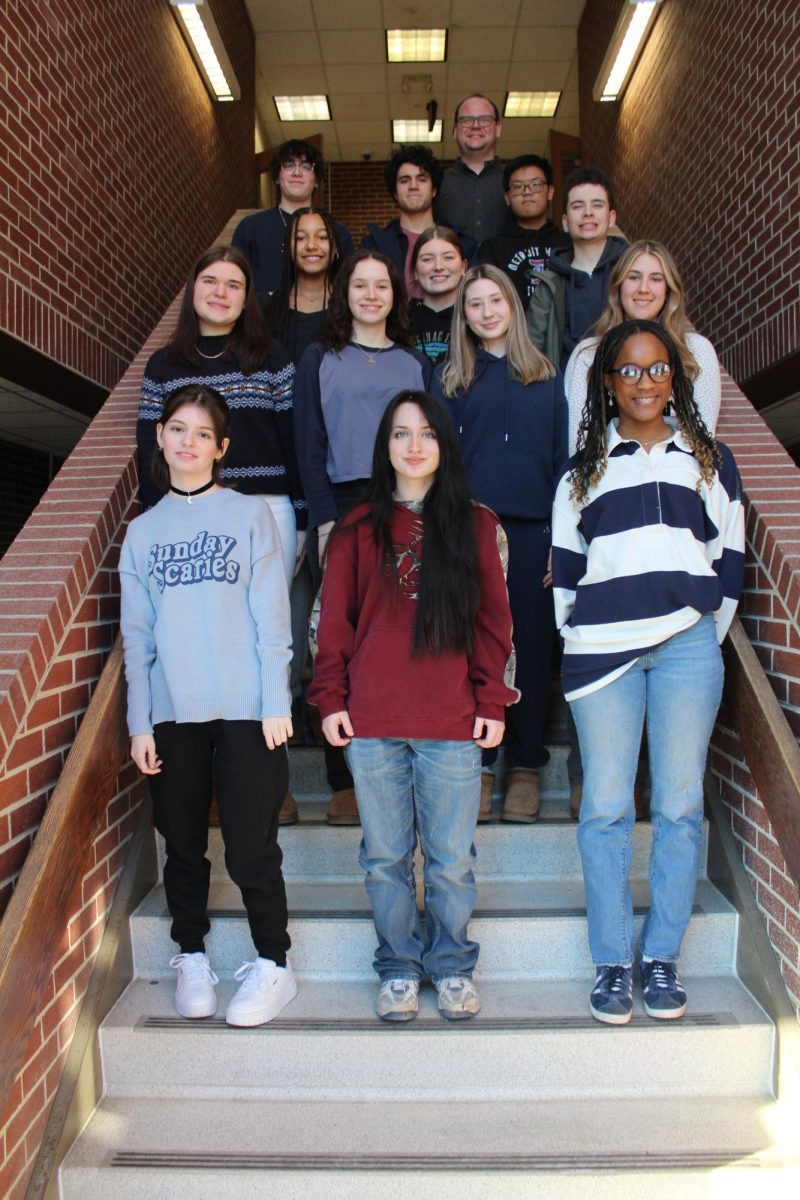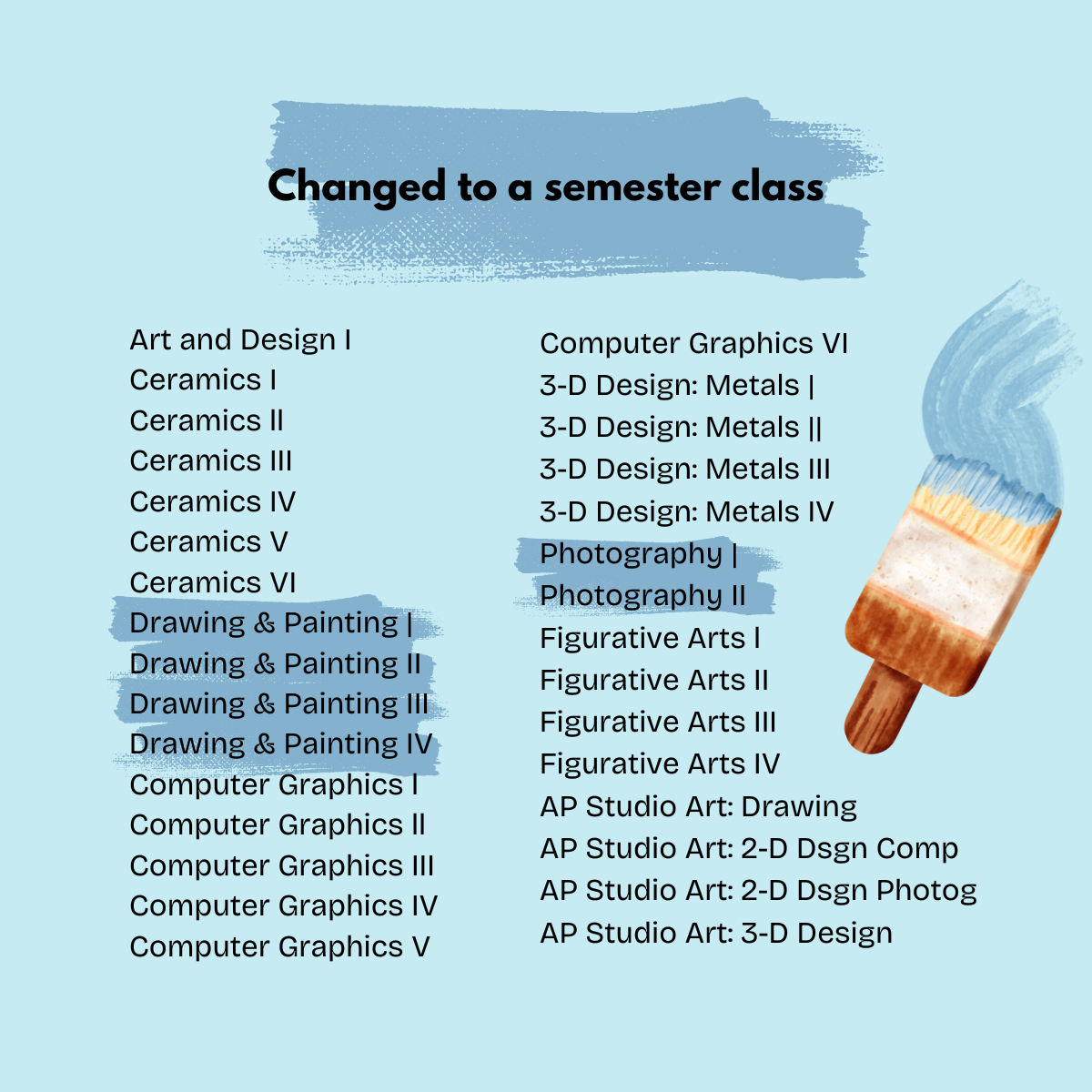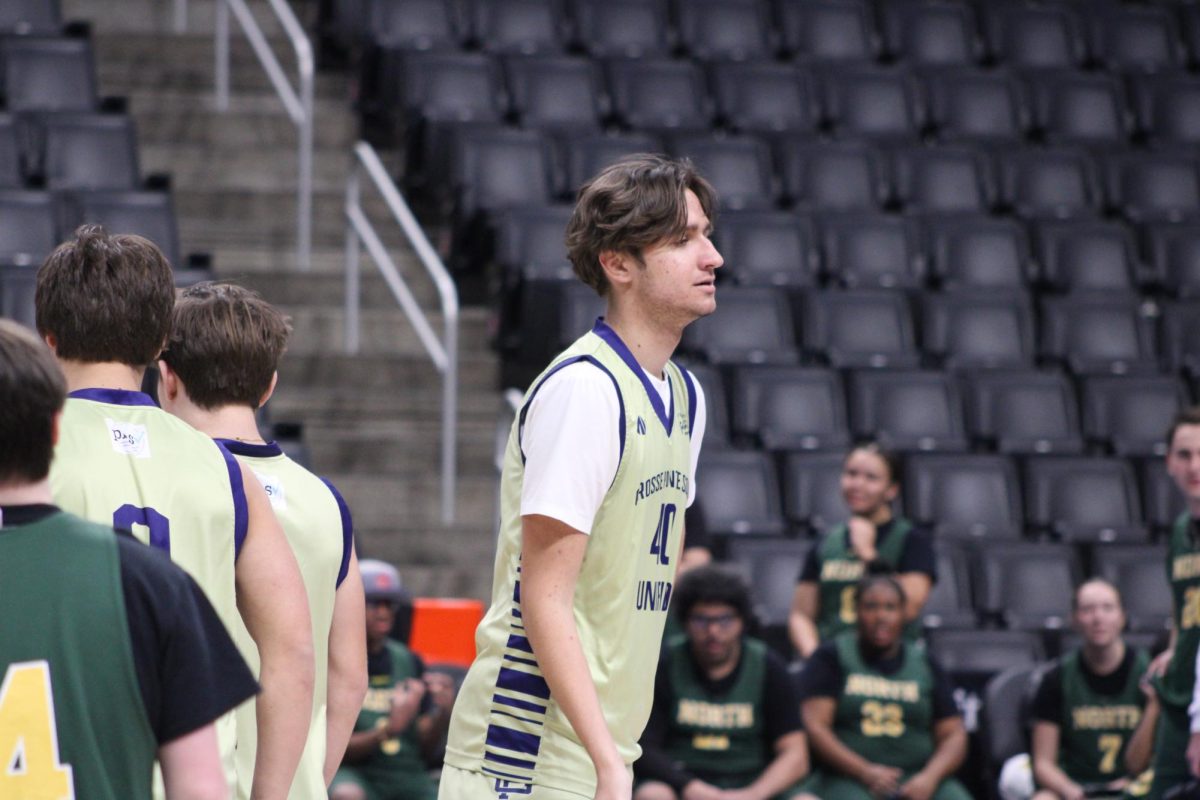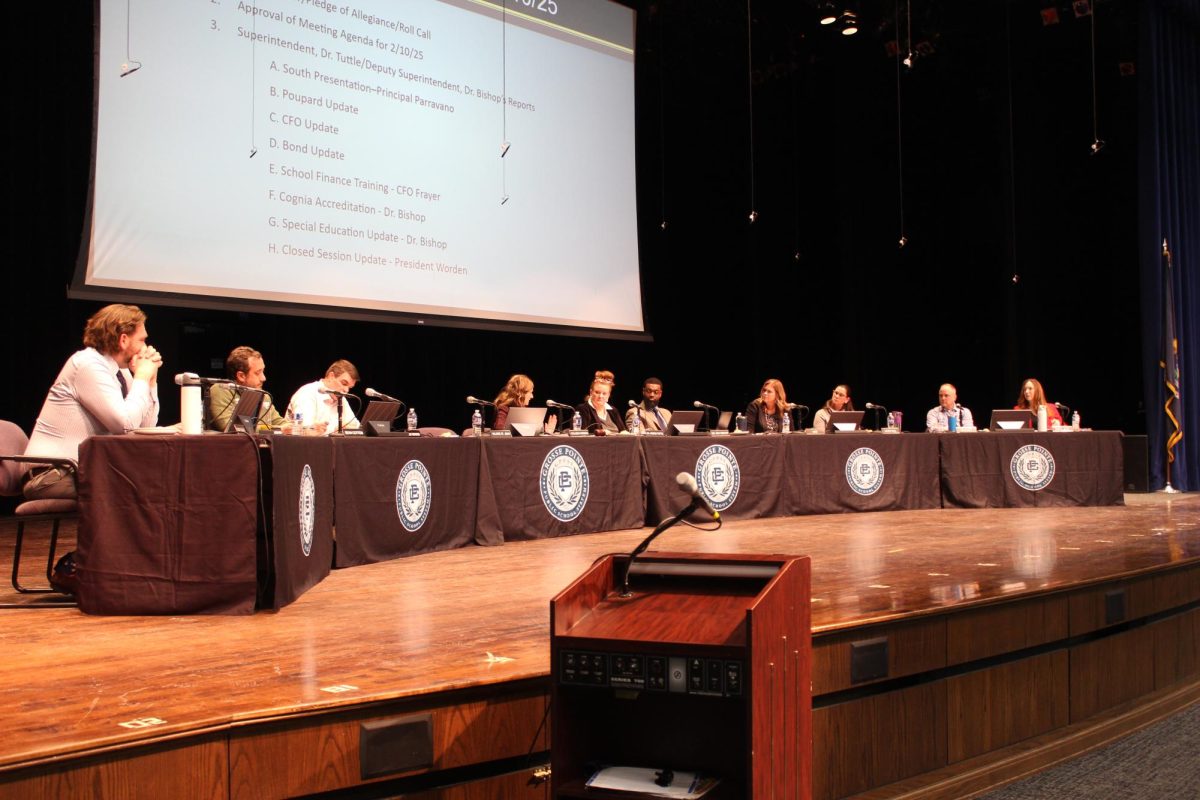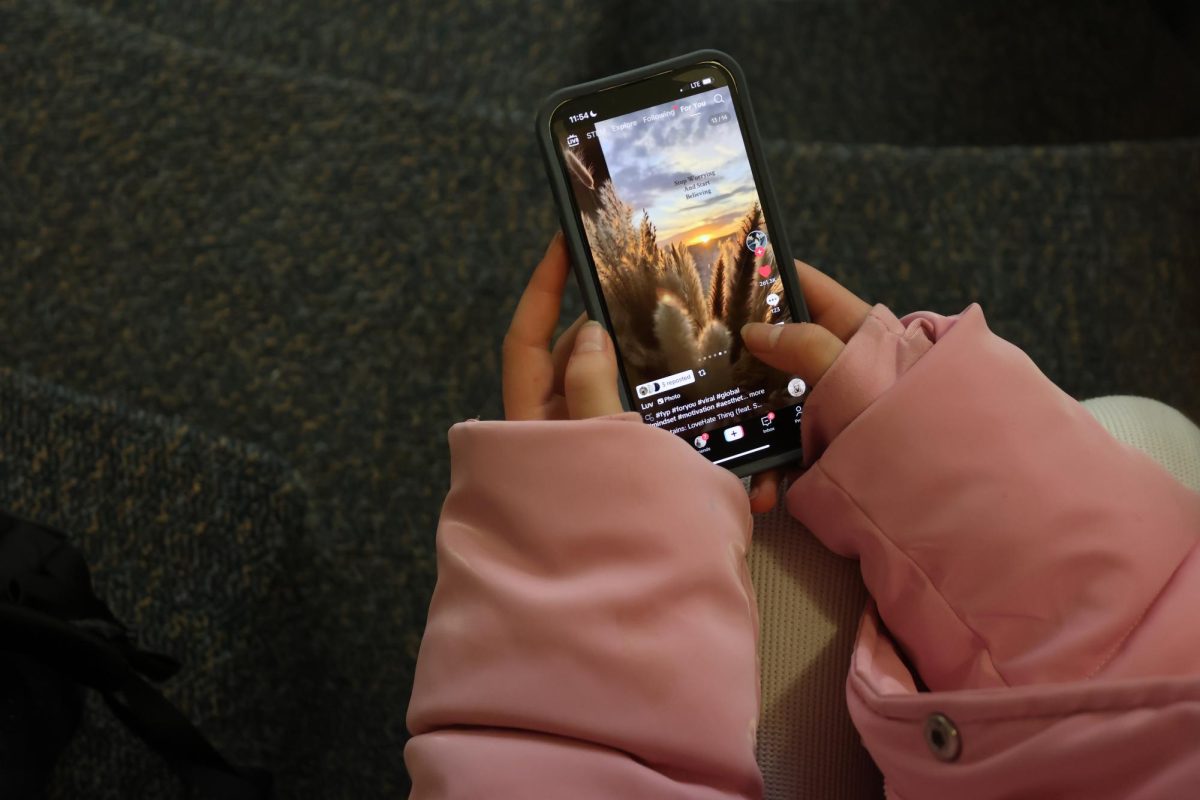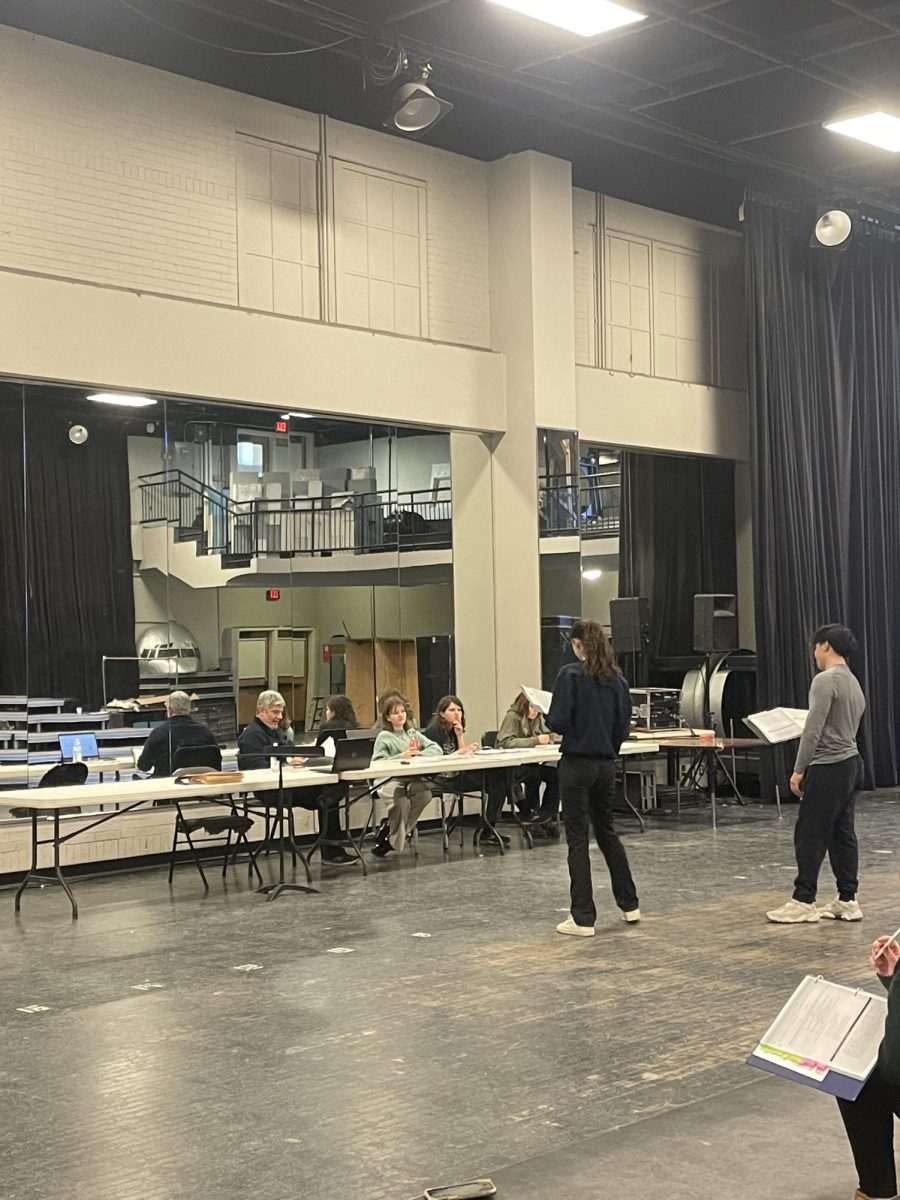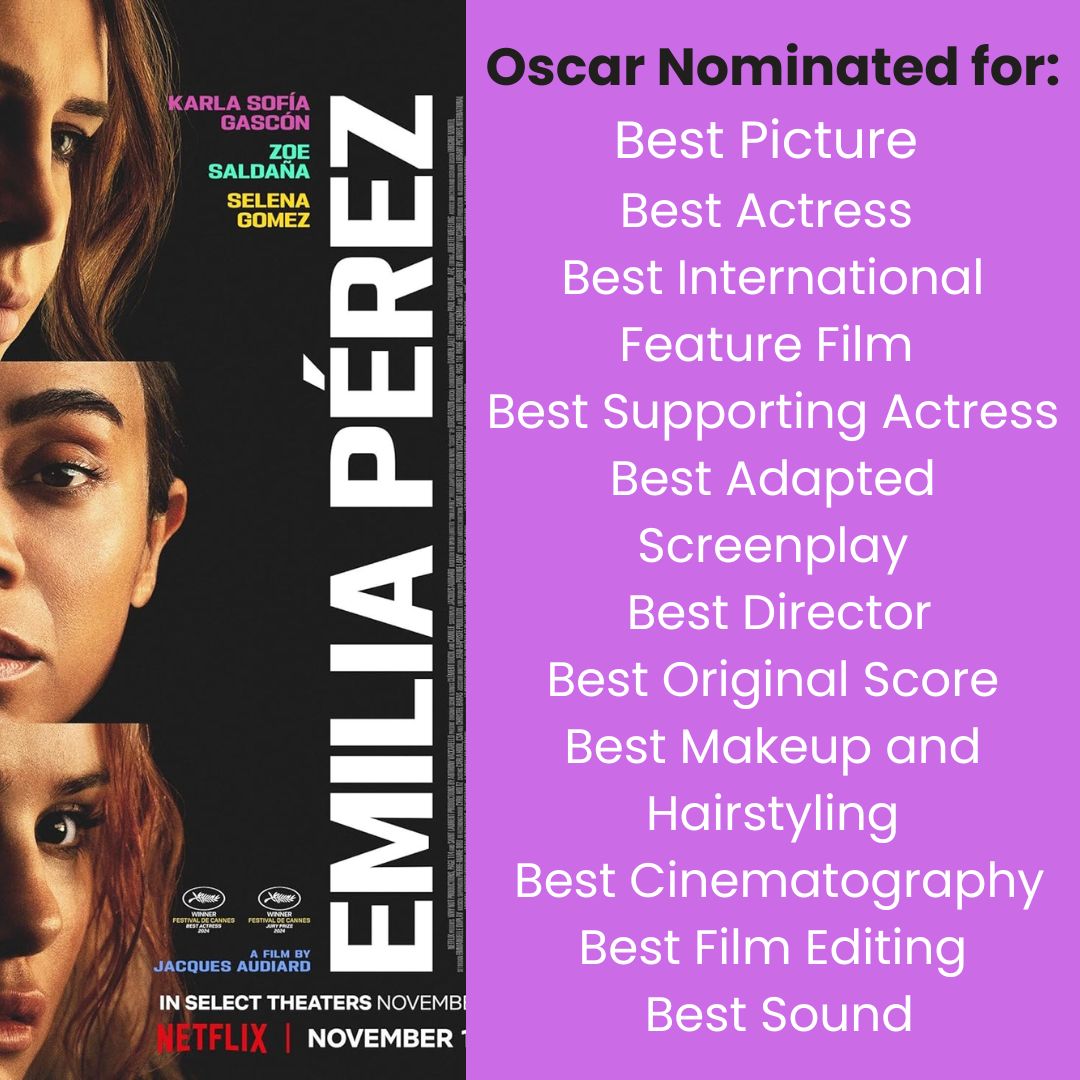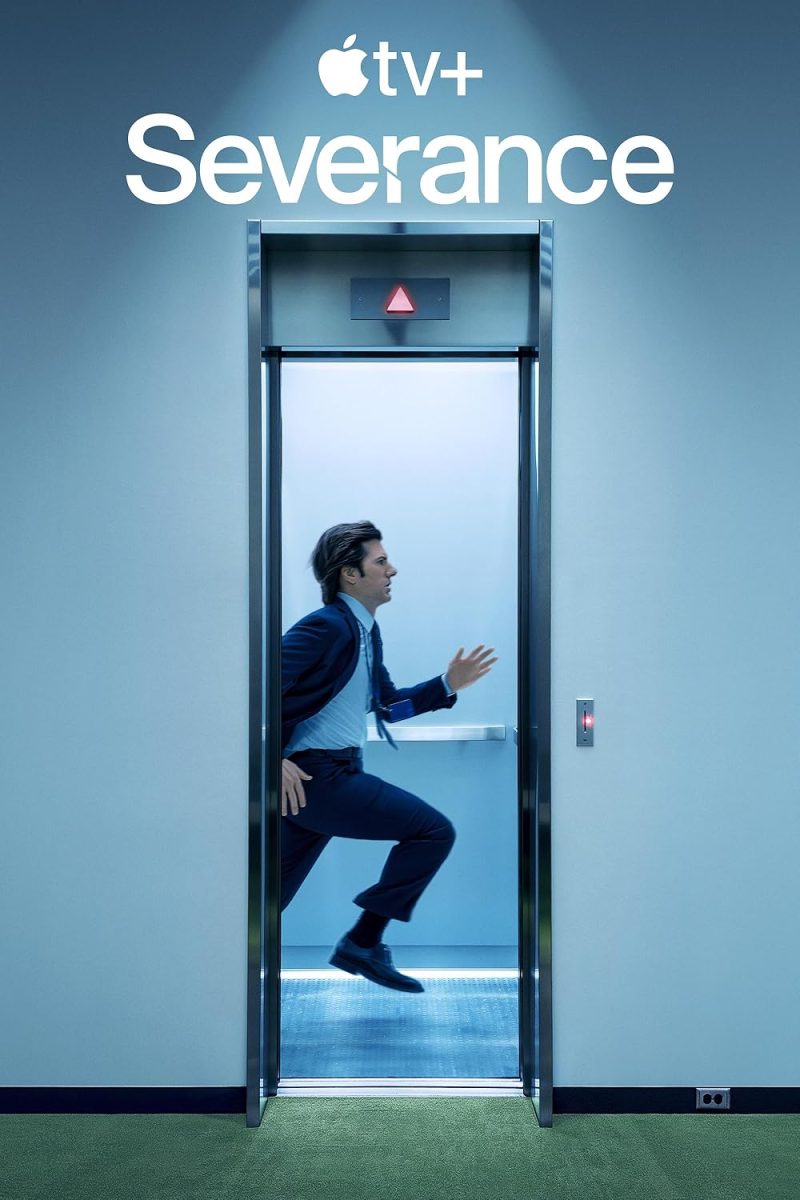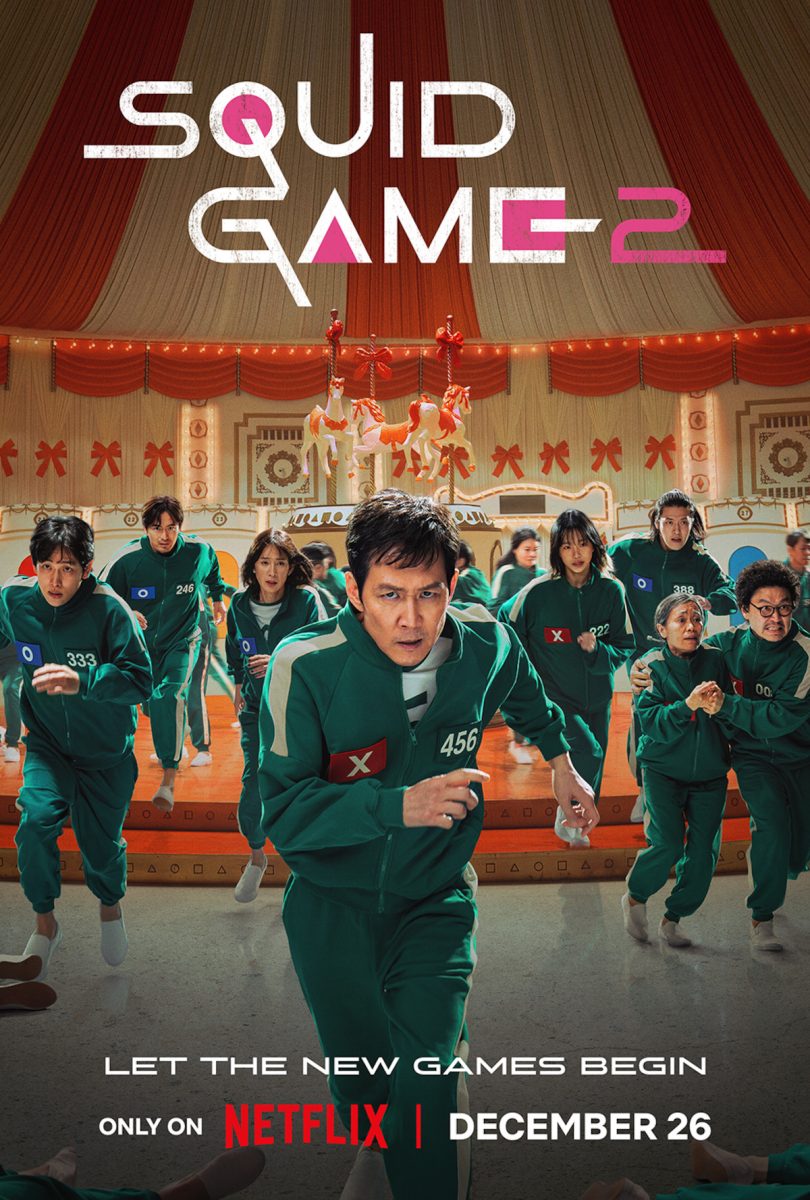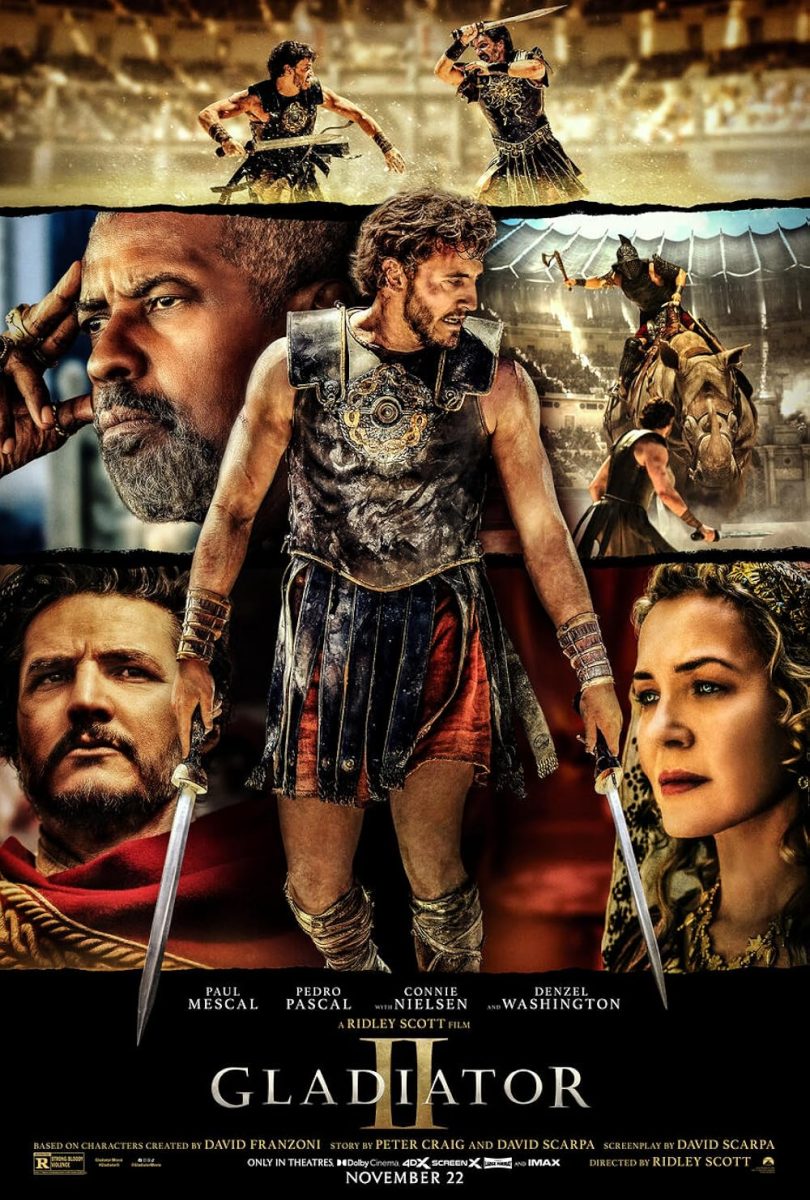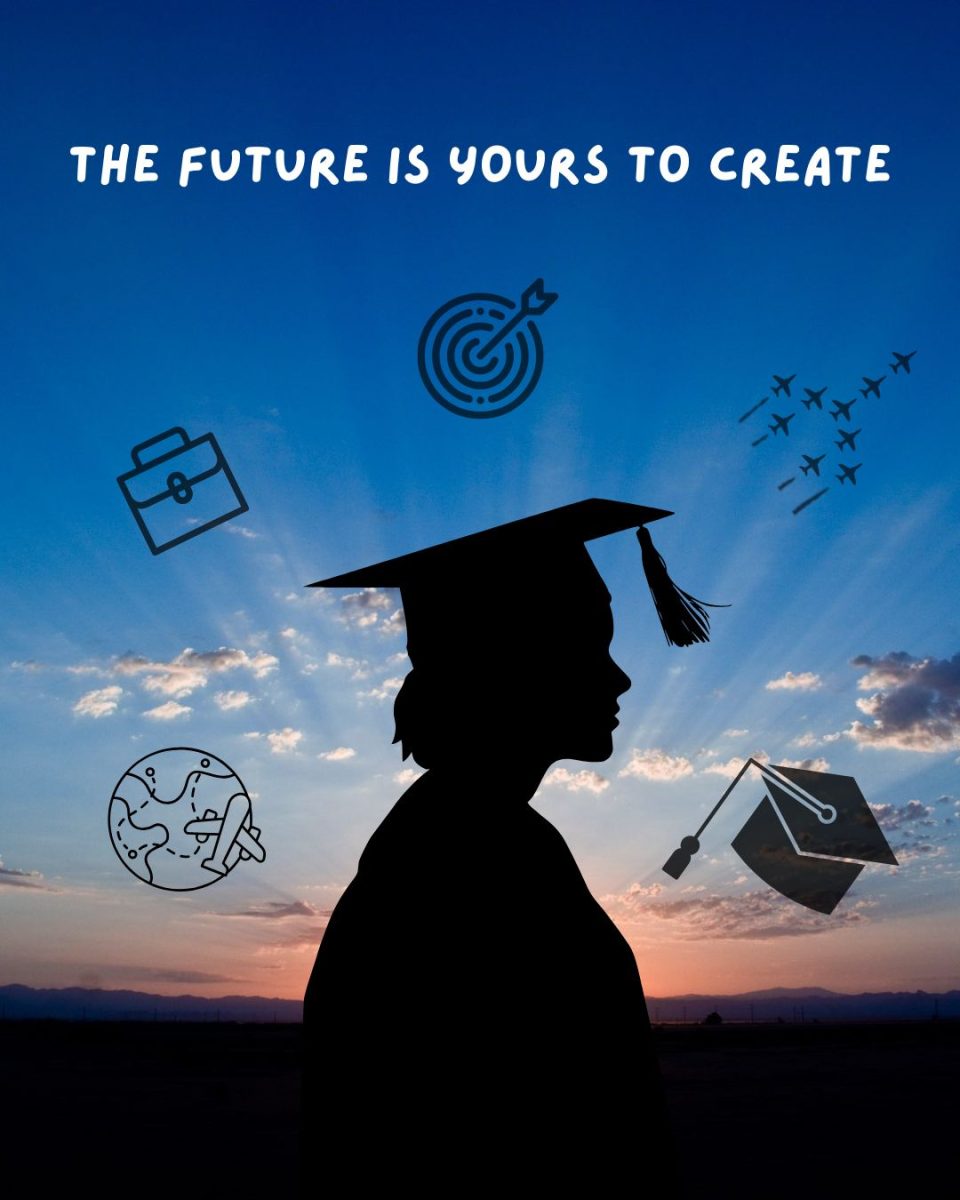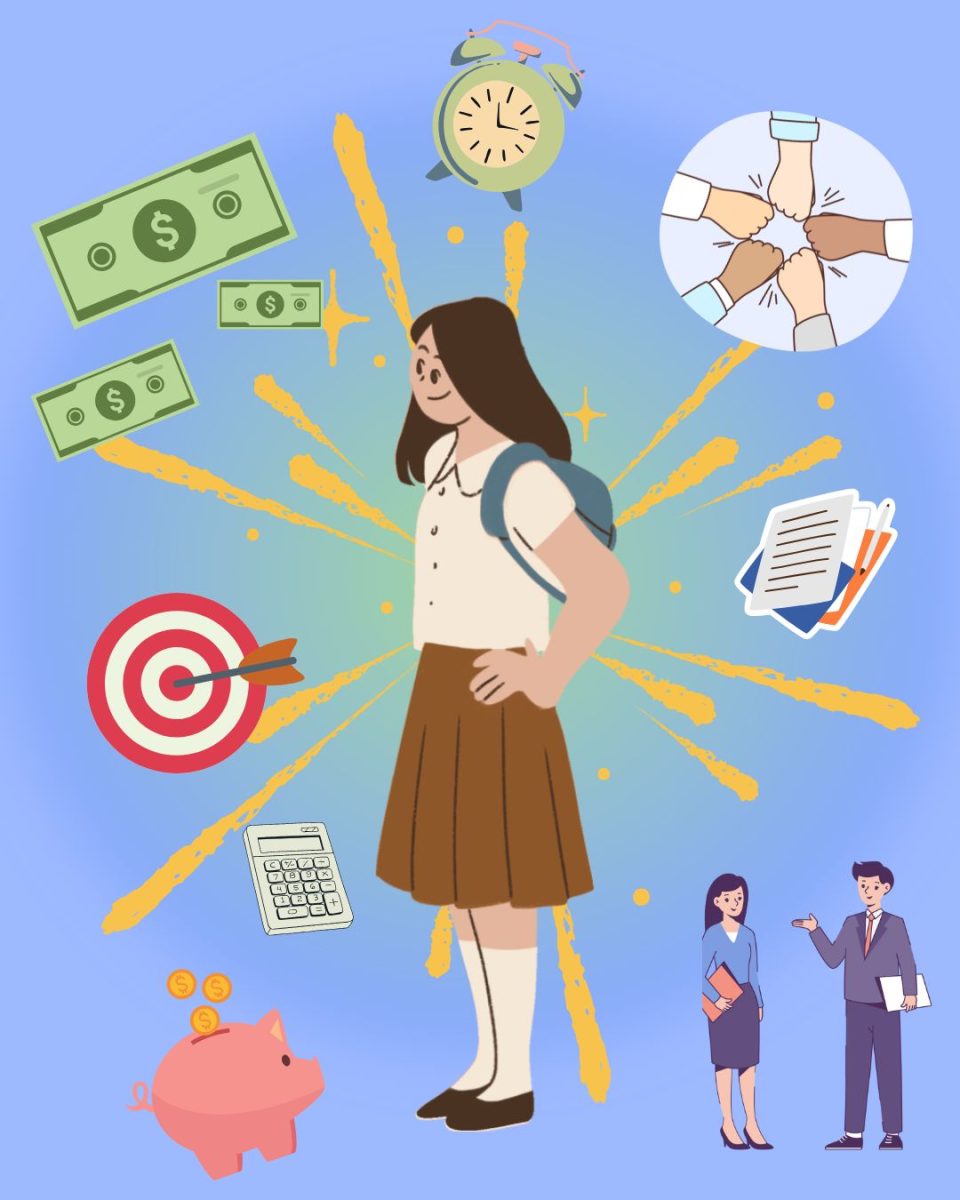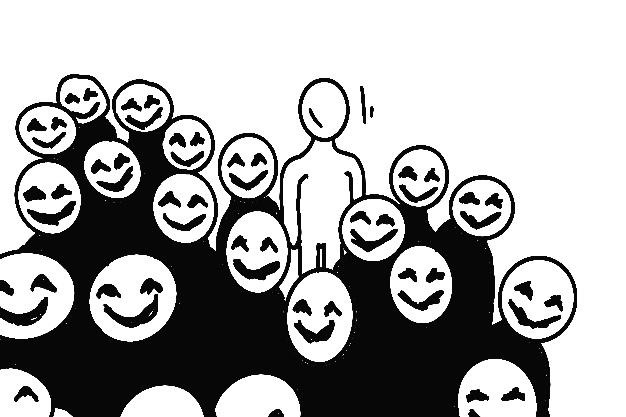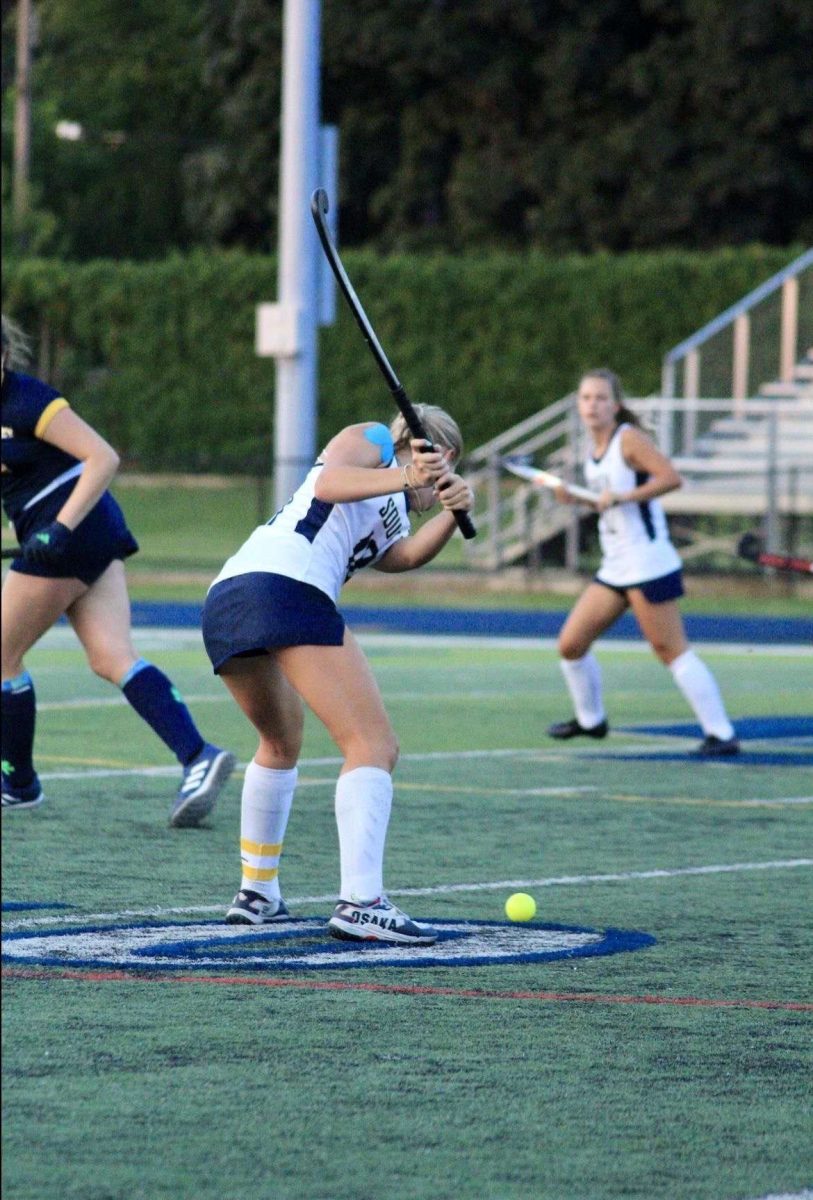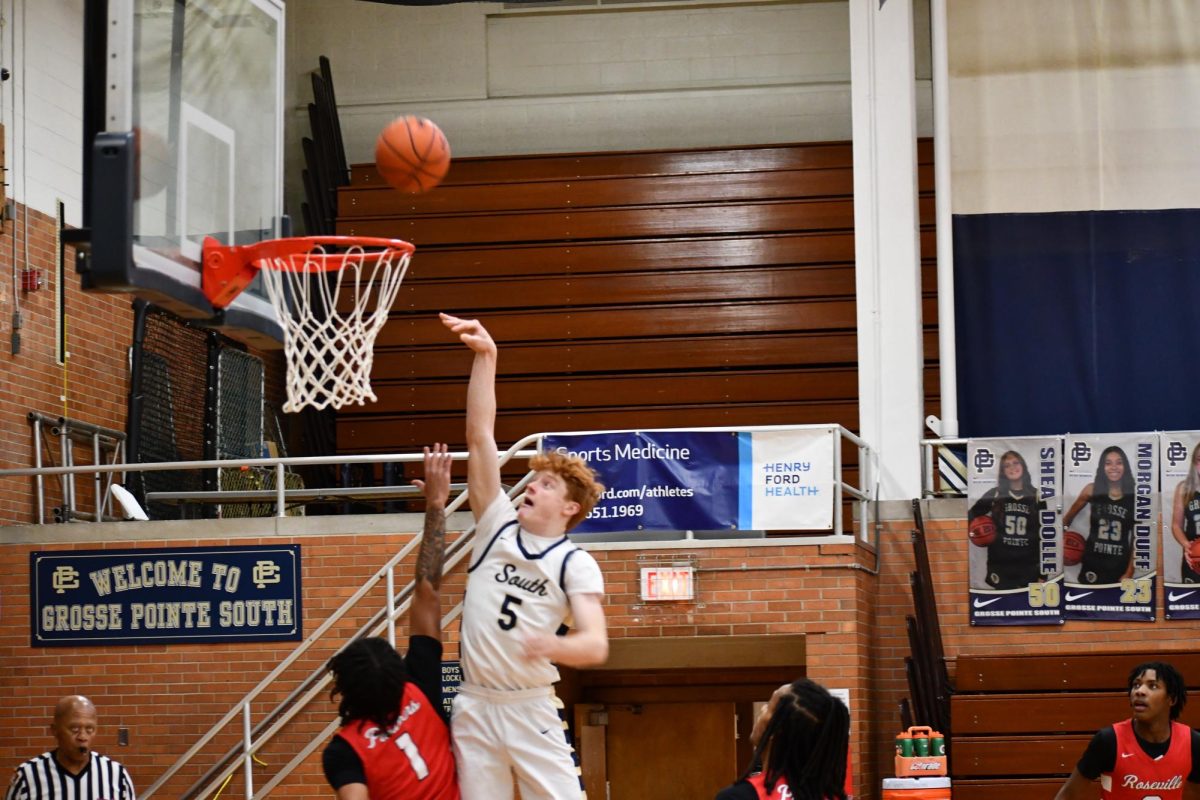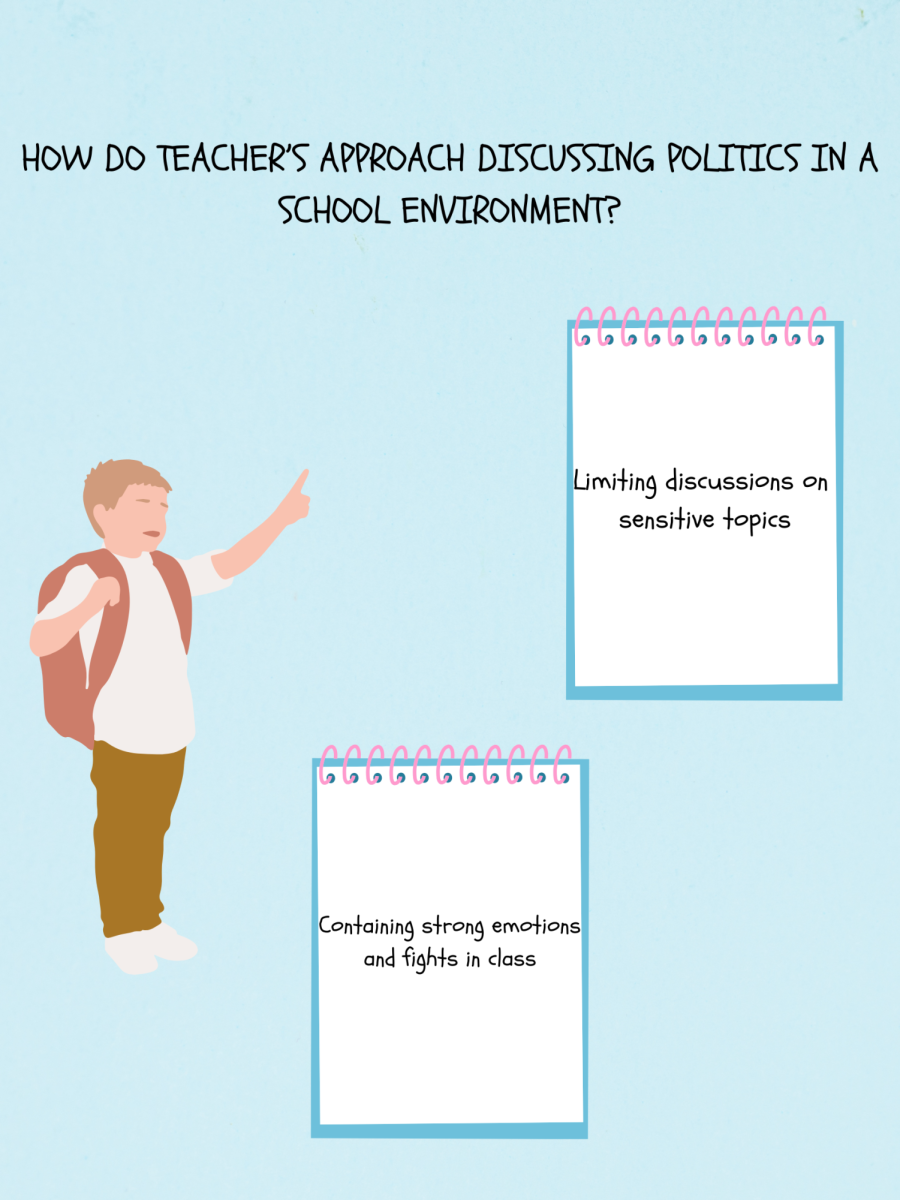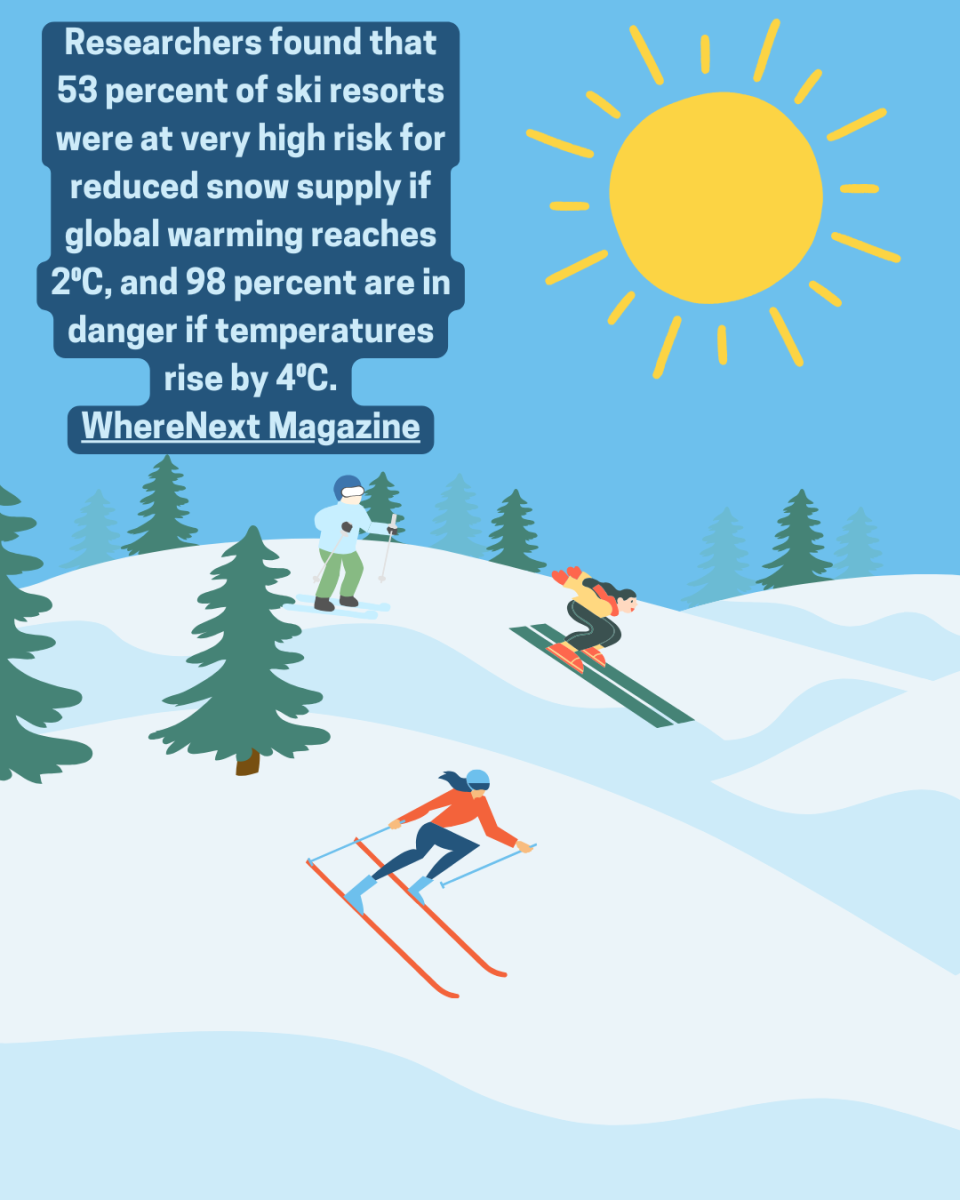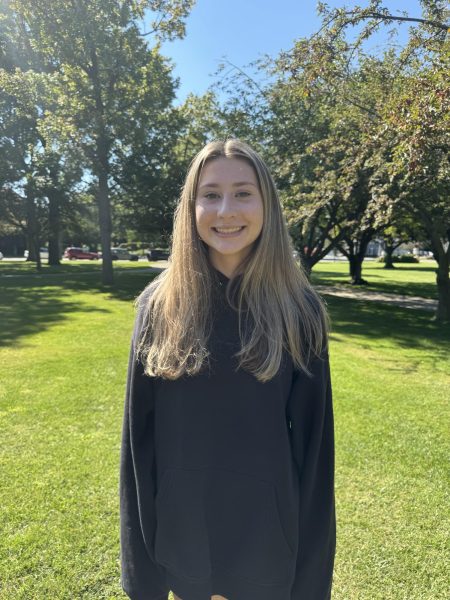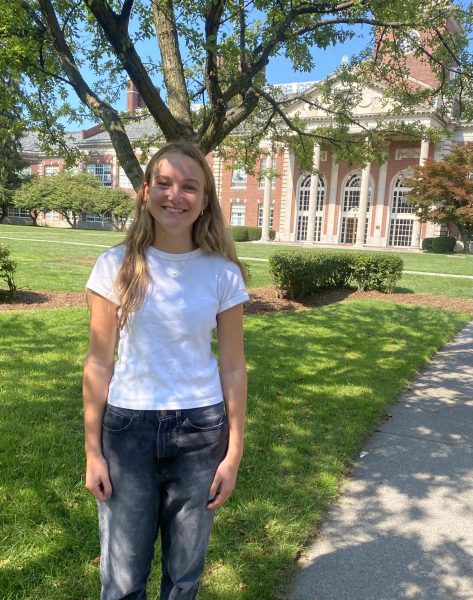One of the most controversial topics among schools throughout the world is how teachers should discuss politics within the classroom. In recent years, politics has become a topic that divides people, and sets judgment on others who don’t share the same political views as them. This has caused strain in relationships, and potentially influences the way kids think about politics.
Contrary to the popular issue of teachers talking about their political views in the classroom, here at Grosse Pointe South, that does not seem to be a concern. Mikayla Smolen ’25, who has participated in AP Language and AP Government, believes that teachers at South have been adamant in not sharing their political views, and instead speaking on the topic with strict facts.
“My teachers talked about the way that politics function, and I think they should talk about politics,” Smolen said. “Although they did not put their own opinions into the lesson.”
In this new era, teachers have to be extremely careful when talking about a sensitive subject, like the upcoming election. The social studies teachers at South know how to avoid saying something that could potentially influence the opinions of their students. In spite of the fact, most of the time teachers may not even realize they could be saying something biased. Social Studies Department Chair, Peter Palen, who has been teaching social studies for over 13 years knows what to say and what not to say, but acknowledges he isn’t perfect.
“I think it’s really important for teachers to remain unbiased when they are having discussions with their students about politics.” Palen said. “I try to acknowledge with students that the words we use often show our political bias without even realizing.”
As a teacher, it is very important to converse with students on current events going on in the world. Students will be able to form their own opinions on who they support without the influence of adults telling them which candidate is right or wrong. Teachers throughout South find it beneficial to students’ learning development. Social studies teacher Meg Pierce gives her students the opportunity to create their own judgment.
“I provide as many resources as possible to students, like the textbook, primary sources, and secondary sources coming from many different places,” Pierce said. “It’s key to giving students as much information as needed so they can form their own opinions.”
While talking about politics in classrooms may be a taboo subject for other schools, for South it is just another learning opportunity. The teachers here like Palen and Pierce, who have both been teaching for over 10 years, provide resources and learning opportunities to give students the best education on politics as possible.
“Part of being a social studies educator is being in charge of training the next generation of students,” Palen said. “I have to teach students how to challenge their own thinking and see things from multiple perspectives.”

